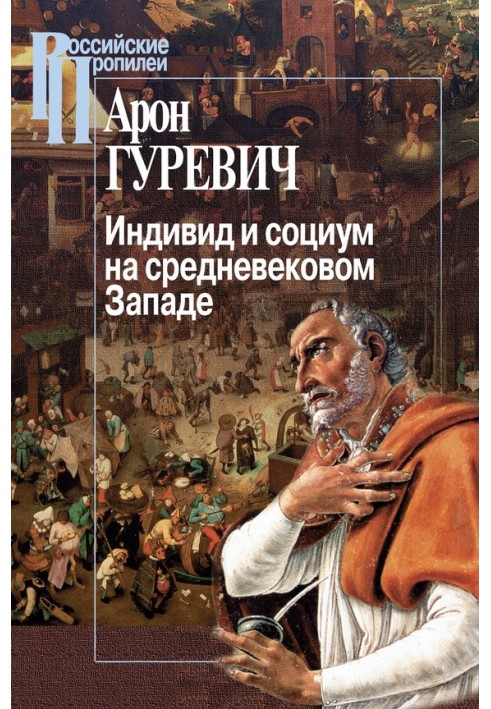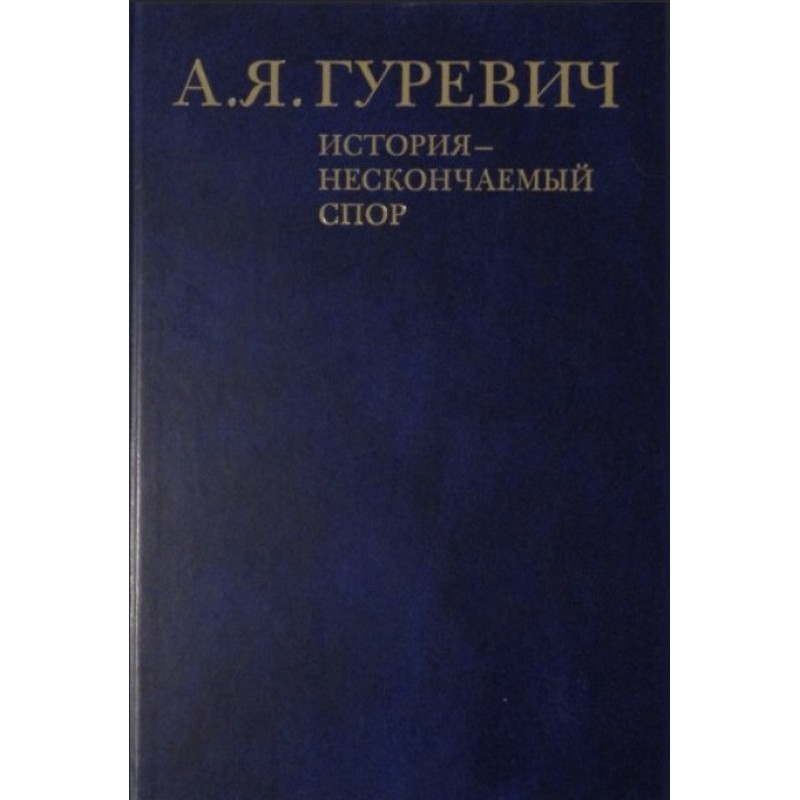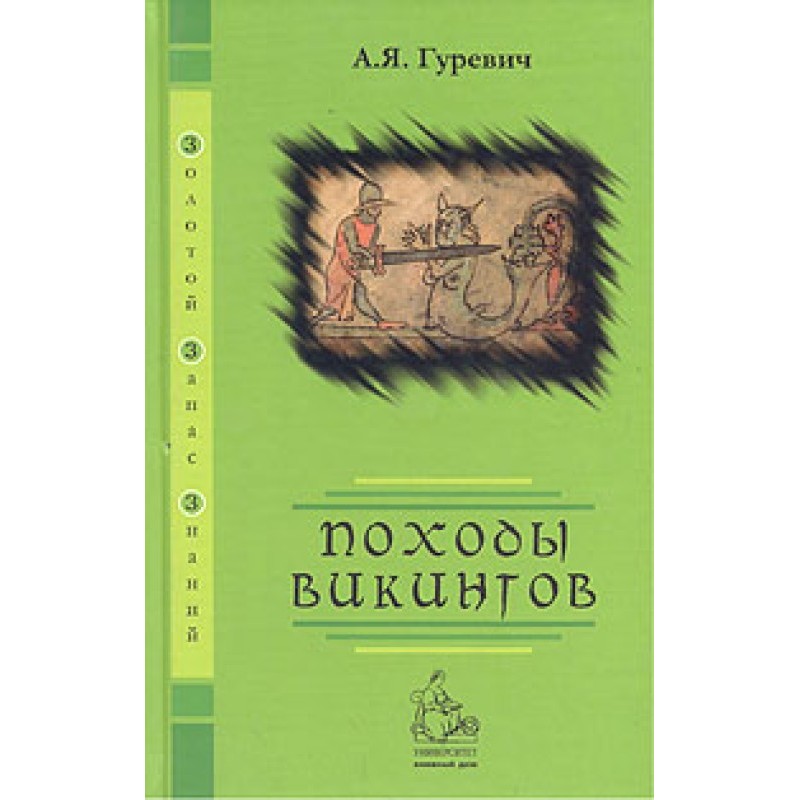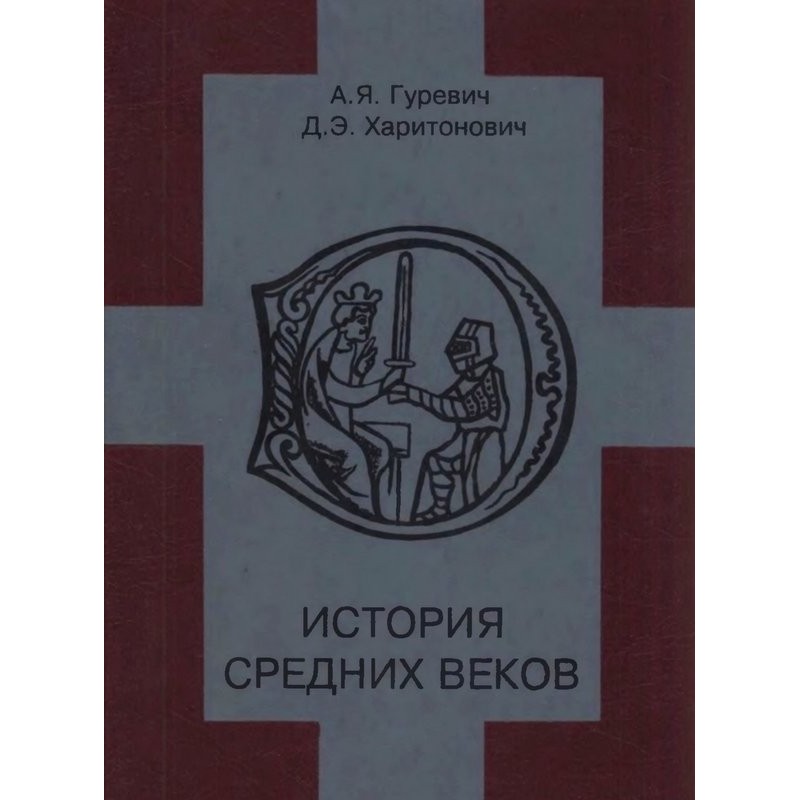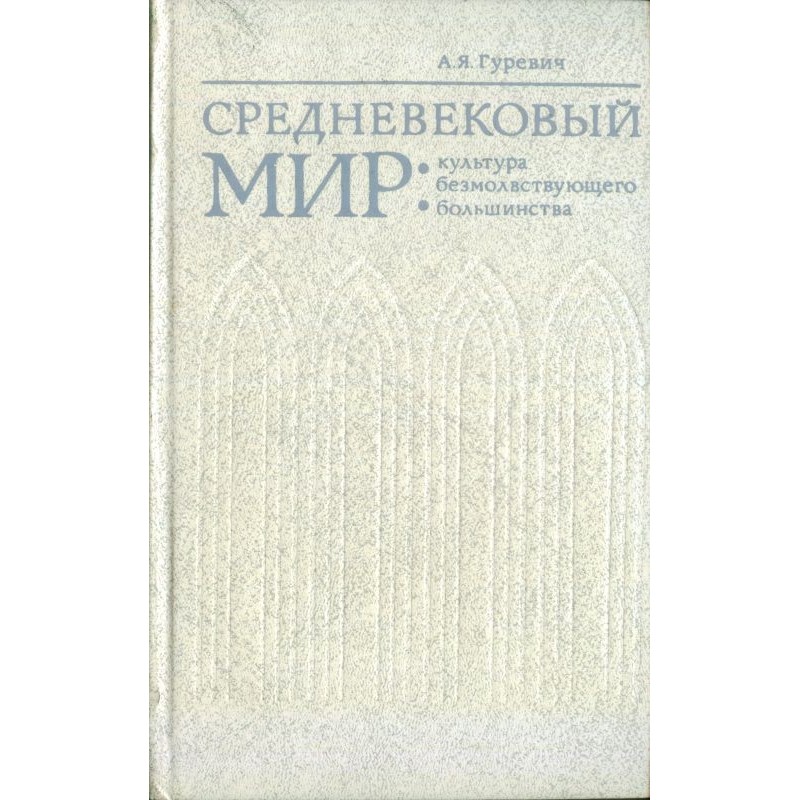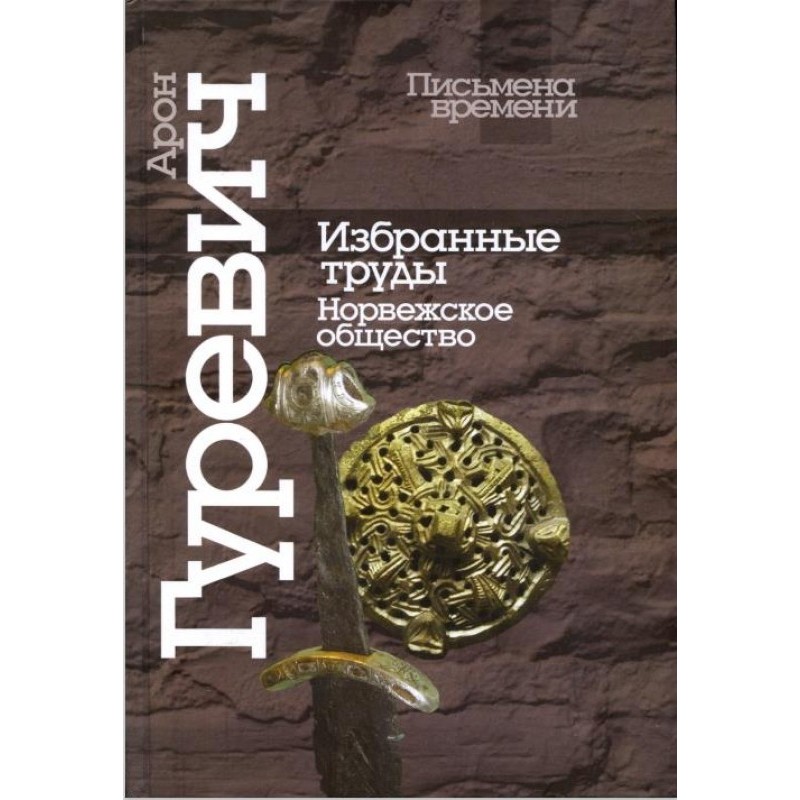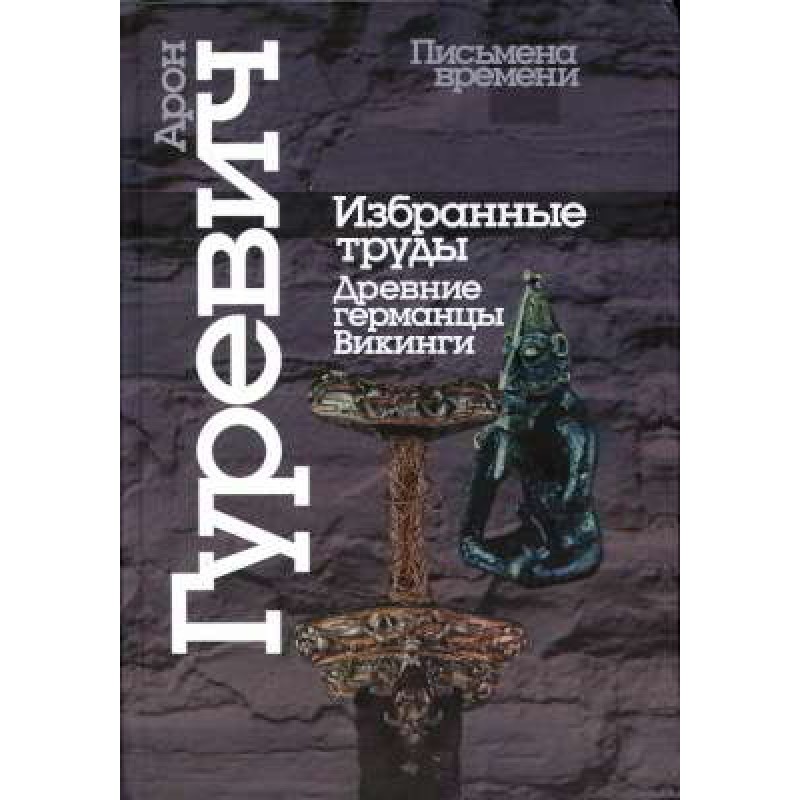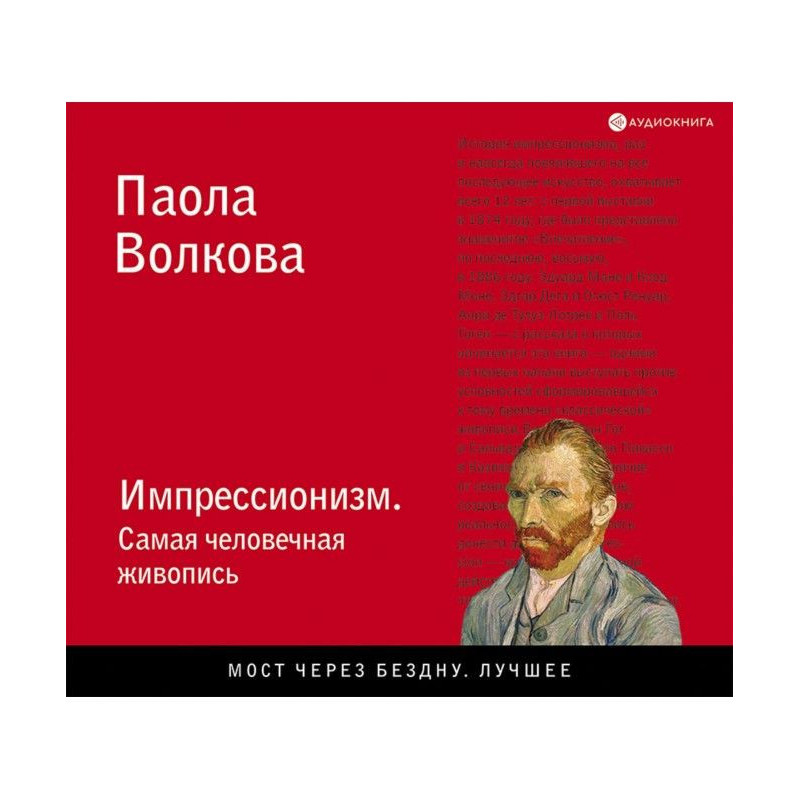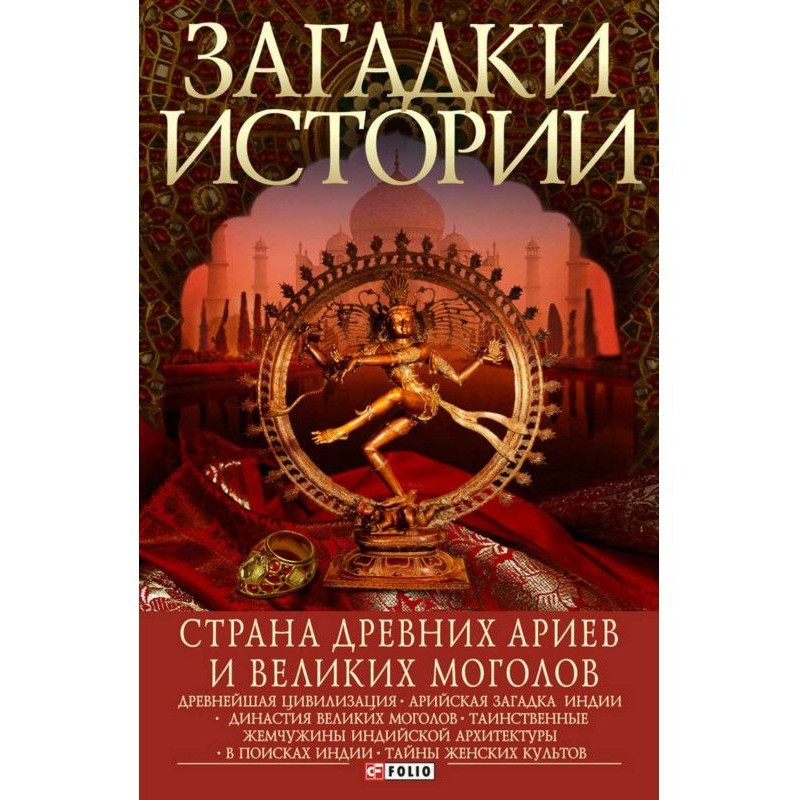Individual and society in the medieval West
 Instant download
Instant download
after payment (24/7)
 Wide range of formats
Wide range of formats
(for all gadgets)
 Full book
Full book
(including for Apple and Android)
Modern studies in historical anthropology and the history of mentalities, as a rule, leave the human individual out of their field of attention. When historians discuss the question of personality in the Middle Ages, their approach remains elitist and evolutionist: they are interested exclusively in the outstanding figures of the era, and they consider the question of how personality and individualism gradually developed as we approached modern times. . In contrast to these views, the author adheres to the belief that the human personality existed throughout the Middle Ages, possessing, however, specific features that deeply distinguished it from the personality of the Renaissance. Without limiting himself to the characteristics of such individuals as Abelard, Guibert of Nogent, Dante or Petrarch, the author seeks to identify traits of personal self-awareness, the symptoms of which can be found throughout the entire thickness of society. “Archaic individualism” is an integral feature of members of the German-Scandinavian society of the pagan era. The establishment of the estate-corporate principle in the Christian era and the teaching of pride as the most serious of sins imposed restrictions on the manifestations of individuality. Thus, it is impossible to build a picture of the smooth progress of personality in the era under study. According to the author, it is the problem of personality that now emerges as the central task of historical anthropology.
Data sheet
- Name of the Author
- Арон Гуревич Яковлевич
- Language
- Ukrainian
- Release date
- 2015
Reviews
Глибоке дослідження особистості в середньовічному контексті
Книга "Індивід та соціум на середньовічному Заході" є справжнім відкриттям для тих, хто цікавиться історичною антропологією та розвитком особистості в різні епохи. Автор сміливо кидає виклик традиційним уявленням про індивідуальність у Середньовіччі, пропонуючи читачеві новий погляд на цю складну тему. Він детально аналізує, як специфічні риси особистості формувалися в контексті соціальних, релігійних та культурних факторів, що діяли в той час. Цікаво, що автор не обмежується лише відомими історичними постатями, а прагне виявити риси особистісної самосвідомості у всіх верствах суспільства. Це дозволяє читачеві краще зрозуміти, як індивідуальність проявлялася в умовах станово-корпоративного устрою та як християнські цінності впливали на сприйняття особистості. Хоча текст перекладено з використанням штучного інтелекту, що іноді призводить до незначних недоліків у формулюваннях, загальний зміст і глибина дослідження залишаються вражаючими. Рекомендую цю книгу всім, хто прагне глибше зрозуміти складну природу особистості в історичному контексті.

